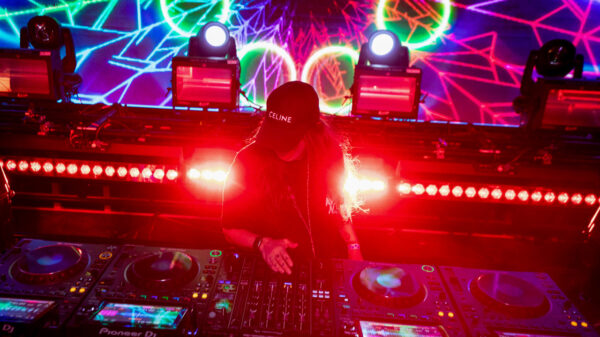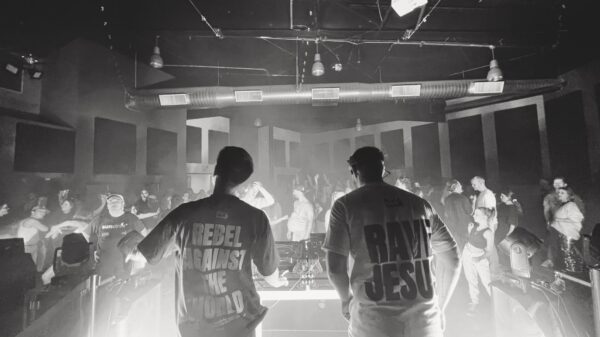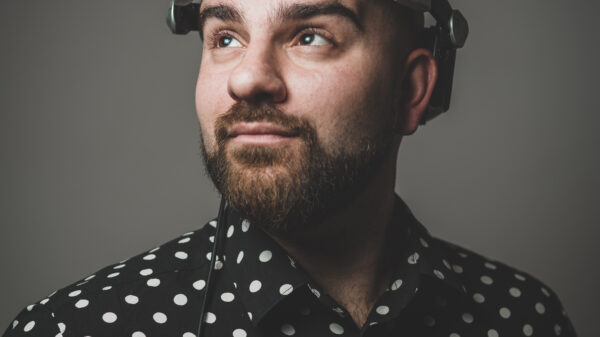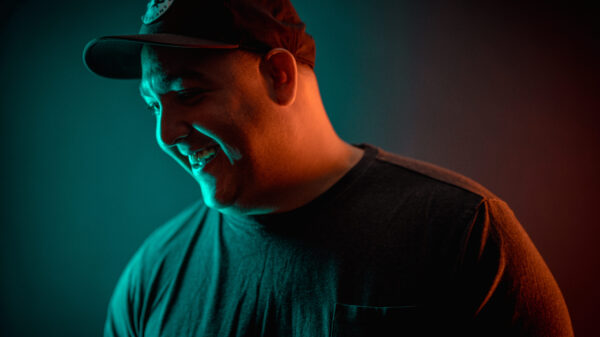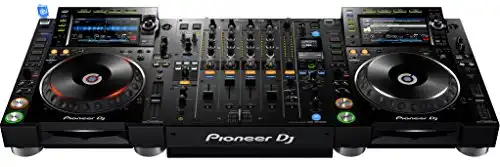So you've decided to become a DJ? Congratulations! You picked one of the most fun and exciting professions out there! But, you also chose a career that requires utmost hard work and dedication to actually make it in the industry.
In this article, you'll learn all about the basic skills you need to develop and the equipment you need to work with. We'll also guide you on how to build a fanbase and even land your first DJ gig! In short, you'll learn how to become a DJ.
1. Know What DJs Do
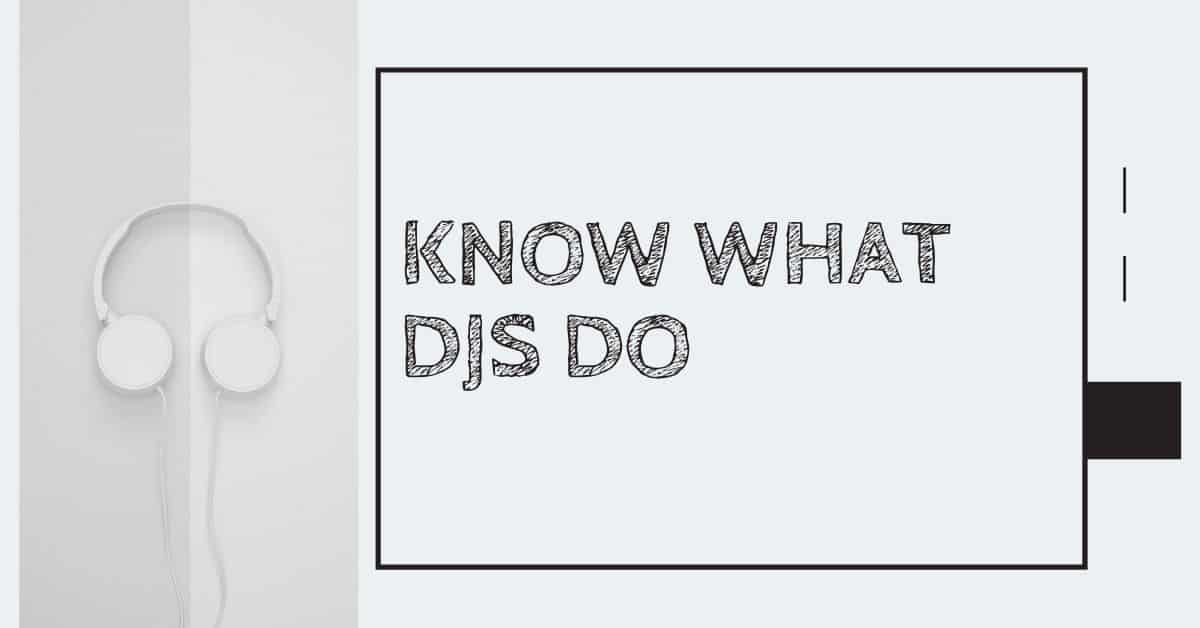 There are several kinds of DJs out there, with different play styles and venue conditions to serve various purposes. So first things first, you need to decide what type of DJing you're most interested in doing.
There are several kinds of DJs out there, with different play styles and venue conditions to serve various purposes. So first things first, you need to decide what type of DJing you're most interested in doing.
You can formulate an answer by carefully studying each of the types below to get a better idea of the aspects that excite you the most about being a DJ.
Club DJs
This type of DJs mainly plays at night clubs and local bars. Since these venues tend to have different vibes, reputations, and audiences, a DJ will be required to match the feel of the club and play music according to what the administration or crowd prefers.
A club DJ typically holds a residential spot at the place with a primary Job of keeping people moving on the dance floor. This includes playing long blends of popular music and knowing how to rile up the crowds.
Mobile DJs
Mobile DJs are those who move between different venues without holding a permanent spot at a specific place. They can perform at weddings, play at corporate events, and give you one heck of a prom, bachelor/bachelorette, or birthday party.
Such gigs usually pay well since the DJ is often responsible for providing the necessary equipment, setting them up and tearing them down, planning the show, making announcements, as well as managing the crowd.
Consequently, if you're planning to be a mobile DJ, you'll need to be comfortable with investing in quality equipment, taking song requests (maybe even whole playlists), and speaking publicly into a Microphone.
Performer DJs/ Turntablists
When a DJ is exceptionally skilled, people go to see them perform to check out what they can do behind their decks. These DJs build their reputations by showcasing impressive abilities, unique tricks, and creative transitions.
Performer DJs include turntablists who focus on scratching, cutting, and juggling beats, as well as artists who create one-man-band shows.
Radio DJs
As you can probably tell, the concept of this kind of DJs originated from the old-school radio. The job of a radio DJ can quite vary from announcing top hits of the week and hosting live interviews, all the way to creating playlists and full-on music mixing.
Producer DJs
People often mistake DJing for producing or the other way around. So let's make it clear; DJing is playing pre-recorded music to a crowd while producing is the original creation and recording of the music.
In simple words, a producer makes songs then a DJ plays these songs at different platforms. If you're someone who makes their own music then plays these tracks and remixes at their gigs, then you're a producer DJ – a hybrid of both worlds or so to speak.
2. Get Your Equipment Ready
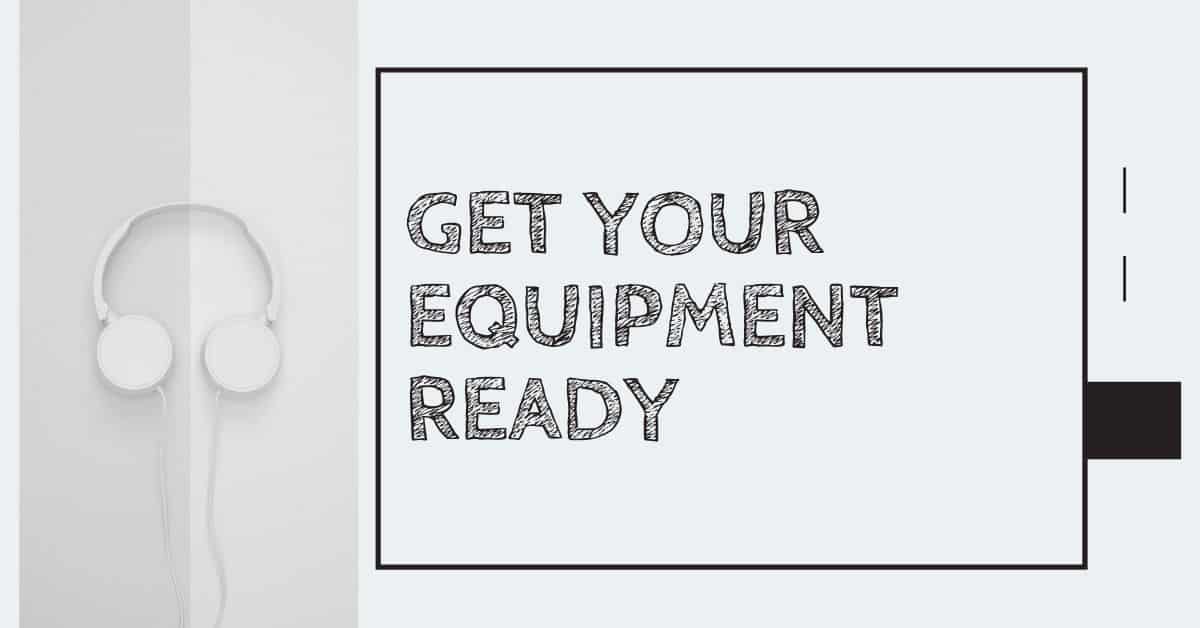 Once you've set your sight on a goal, whether it's starting your own podcast, launching a DJ/production business, or just having fun with music, you'll need to purchase certain equipment to be able to perform.
Once you've set your sight on a goal, whether it's starting your own podcast, launching a DJ/production business, or just having fun with music, you'll need to purchase certain equipment to be able to perform.
But before you get into the ‘buying' mode, as tempting and exciting as it seems, you should consider the following tips so you can make the most out of your money.
Determine your gigs' requirements – depending on the venue where you're going to play, your needs when it comes to the equipment will surely vary.
For example, if you're a mobile DJ who plays at private venues, you'll probably need to have your own equipment to set up your workstation. But if you're a club DJ or a radio DJ, chances are that equipment will be provided for you and you'll only need a Laptop with mixing software. (More on this later)
Be a smart spender – you want to go about buying equipment with an economical approach. Avoid spending a fortune on all equipment right away.
Instead, invest the bulk of your money on a mixer and a turntable. You can buy your decks used but always opt for a new mixer.
Basics First
By now, you should be aware that to become a DJ, you'll need to do a whole lot more than press a bunch of buttons on a stereo system. You'll need to learn how to build a set, mix on the go, and have the crowd respond to your music.
However, it's not always the best idea to go for a full-blown setup right off the bat, especially since the equipment doesn't come cheap. So, start with the basics and upgrade along the way.
To help you kick things off, here's a list of the essential equipment that you should include in your DJ setup:
– 2 turntables (or 2 CD players)
If you want to start with a great CDJ (turntable), you can't go wrong with Pioneer CDJ-2000NXS2 Pro-DJ Multi-Player - Black Bundle with DJM-900NXS2 Mixer and Austin Bazaar Polishing Cloth. If you want to spend under $500 though, these are the turntables we highly recommend.
– A 2-channel mixer
– Speakers
– Headphones (read our top picks here)
– Mixing software (coming right up!)
Later on, as you gain more experience and resources to expand and advance your setup, you can add bigger speakers, a MIDI controller, an audio interface, a Monitor, as well as many other plug-ins depending on your style of play.
Related: Best Laptop Stand for DJs
Choose a Format
While you're figuring out your equipment situation, you should also decide whether to go for an analog or a digital format.
Analog setups are the more traditional systems that revolve around playing vinyl records on direct-drive turntables. They allow you to DJ using old-school methods, which gives you the opportunity to learn and appreciate the craft in its most raw form by scratching a stylus against vinyl records.
But this also means that you'll need to get your hands on a pretty large collection of vinyl records for you to play, which can cost you a lot of cash.
On the other hand, you can use a digital setup such as DVS (Digital Vinyl System), CD, USB, and laptop-style systems. Such methods can be anywhere between affordable and expensive, depending on how advanced your equipment is.
They also allow for greater flexibility and incredible mobility since you won't have to carry around dozens of vinyl records. The learning curve on digital setups can also be much smaller. You can easily perform certain skills (such as beatmatching and EQing) on a BPM counter using mixing software rather than a vinyl setup.
Pick a Software
Up until this point, we've mentioned that you may need specialized software to help you become the kind of DJ you aspire to be. And let us tell you, there's definitely no shortage in DJ/mixing programs for you to pick from!.
Some examples of popular software include:
Rekordbox
This program comes as a free or paid version. The free version has most of the features you'd ever need as it allows you to manage your music library, make playlists, prepare songs, fix beat-grids, and export music to USB flash drive for convenience.
As for the paid version, you basically need it to use Rekordbox on your laptop instead of USB flash drives. You get all the features of the free version in addition to being able to directly mix tracks on your laptop.
Traktor
Developed by Native Instruments, Traktor requires a direct connection with a controller or the decks so you'll need a laptop to run it wherever you go. It offers all the handy features for managing music and mixing songs, as well as new technologies such as enabling you to mix stems.
Serato
One of the most popular mixing software, especially among hip hop DJs, Serato works with a controller or directly with the decks. This means that your laptop should accompany you on every gig, much like when you use Rekordbox (paid version) or Traktor.
It also offers a Practice Mode that lets you try DJing for free without hooking up any hardware.
A few other awesome programs include Virtual DJ (excellent choice for beginners on a budget) and Ableton (supports the latest technologies and suitable for more experienced DJs).
3. Learn Basic DJing Skills
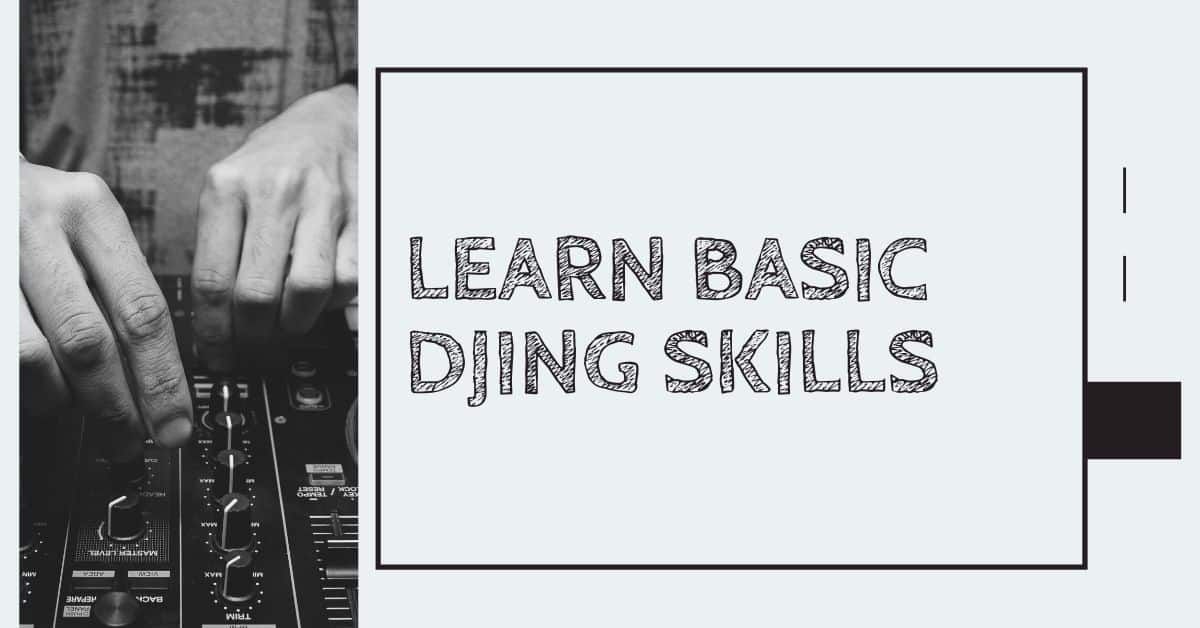 Now that you know what you're aiming for and you get your setup up ready for action, it's time to dive into the most critical aspect of becoming a DJ – learning actual DJ skills!
Now that you know what you're aiming for and you get your setup up ready for action, it's time to dive into the most critical aspect of becoming a DJ – learning actual DJ skills!
Some of the basic skills that you need to master include beatmatching, scratching, and phrasing, all of which we'll be breaking down in a minute. But first, a couple of tips:
Build a music library – ‘bigger is better' should be your motto when you're collecting music to incorporate in your tracks and remixes. 3rd-rate mp3 downloads may be fine at the beginning of your career, but as your work demands higher quality, you'll eventually have to pay for the music you want to play with.
To create an outstanding music library, you'll need to become a music guru. You should also explore as many music genres as possible (house, trance, electro, jungle, dubstep, and others). Blending different music styles into one amazing track is where the true magic happens!
Study intros and outros – most dance tracks will start with an intro without vocals and end with a corresponding vocal-free outro. These two segments of a song are the most crucial to you as a DJ because your job requires you to blend the outro of one song with the intro of the next.
The transition must be smooth, almost as if they're the same song. Learning the intros and outros of songs proves to be valuable in live beat mixing.
Beatmatching
Beatmatching is all about successfully playing two tracks at the same tempo (the speed of play) and phase (the beat of play). You can use a pitch fader to set the tempo and a pitch-bend button, a jog wheel, or physical handling of a record to adjust the phase.
Although most DJ software and hardware include built-in sync functions, learning to manually beat match is like learning to drive stick-shift cars before automatic ones – it just makes you perform better.
Scratching
The decks will serve as your platform to scratch, but you should learn that there are a time and place to do it. Some songs and some parts in songs are phenomenal for scratching, while others just plain suck.
The best way to really nail this skill is to practice. The more you practice, the better your sense of judging “when it's the right time to scratch” will get.
Phrasing
Phrasing means mixing songs at places in the tracks which make the most sense. Generally speaking, any music you'll be working with is in 4/4 time. This means they contain 4 beats in one measure and one beat in a quarter note.
So when you're mixing music, you basically need to learn to perform a four-count.
4. Record Your Mix
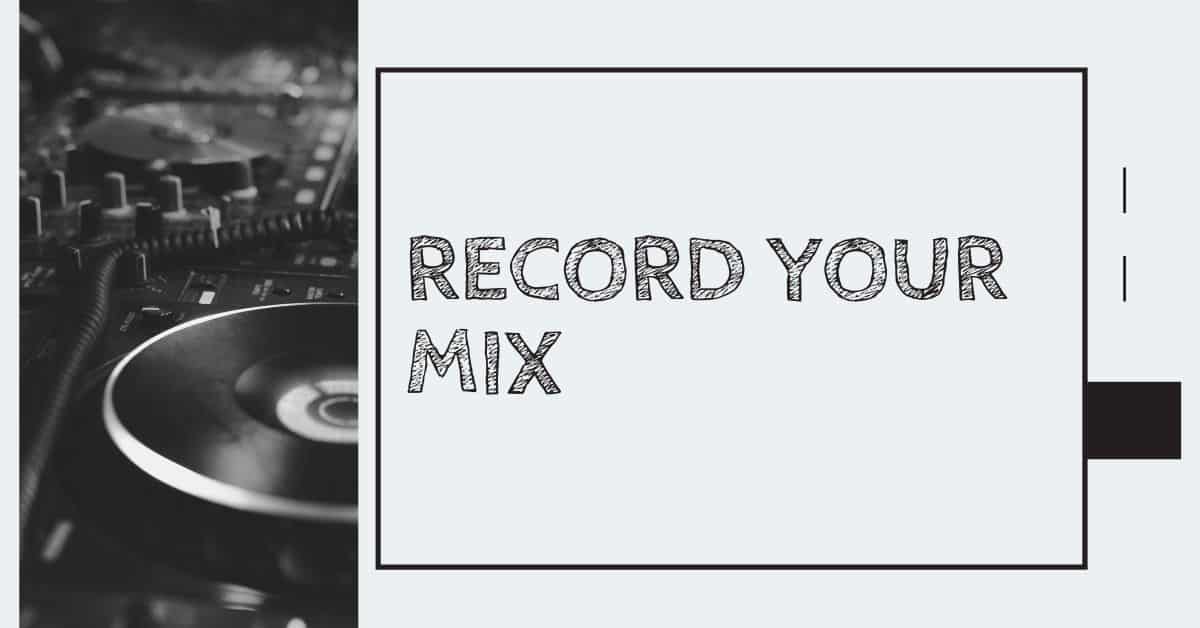 Once you build-up more confidence in your mixing skills, it's time you face the music (see what I did there?) and record yourself to analyze your work.
Once you build-up more confidence in your mixing skills, it's time you face the music (see what I did there?) and record yourself to analyze your work.
If you use a laptop for mixing, chances are your software also offers a recording feature that you can activate with a simple click of a button. Alternatively, you can use a high-quality handheld digital recorder then connect it to your mixer or controller via an adapter cable.
5. Form a Network
 With your music ready for the world to enjoy, your next move should be getting your name out there, forming a solid business network, and a building support base.
With your music ready for the world to enjoy, your next move should be getting your name out there, forming a solid business network, and a building support base.
This means going public with your mixes, starting with free online platforms such as MixCloud and HearThis.at, where you can upload your music without worrying about automated copyright claims.
You should also create an online presence on popular social media platforms (Facebook and Instagram are usually where you want to start) and show people what you can do. All your professional information should be clear on display so that people can easily contact you.
Remember, the key to successfully promoting yourself on social media is to keep pumping out content, interact with followers, and never spam people with your tracks.
6. Land Your First Gig
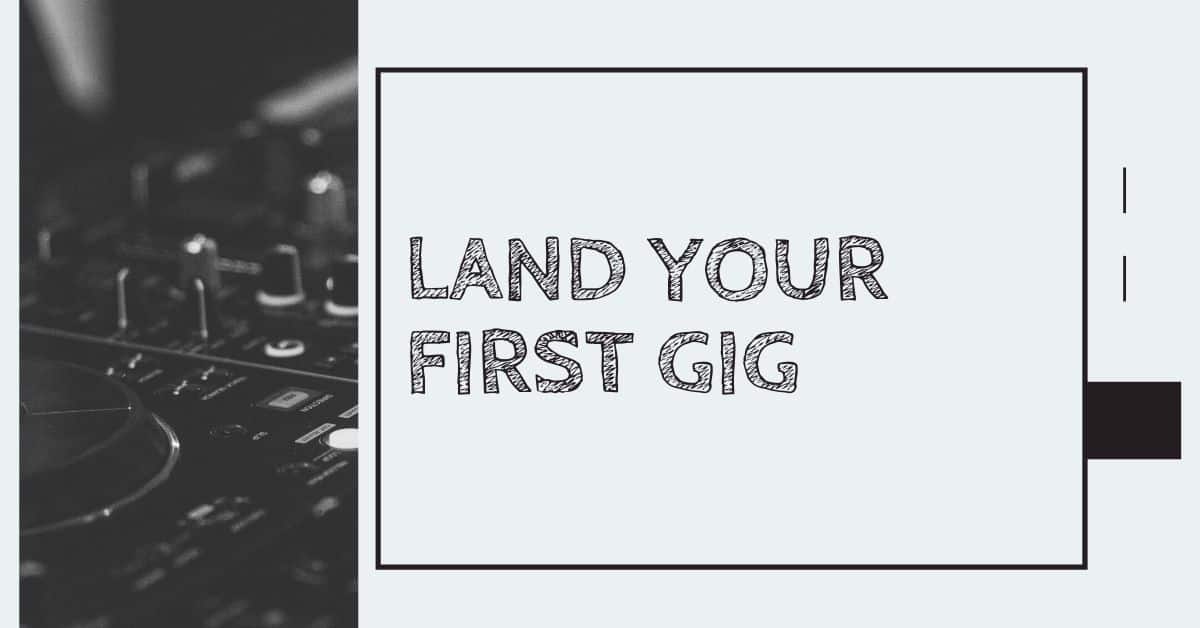 All your hard work will boil down to putting yourself in front of an actual crowd, so it's time to make it happen!
All your hard work will boil down to putting yourself in front of an actual crowd, so it's time to make it happen!
Don't be afraid to put yourself out there. Let your music represent you and accept experience over cash as you start out. This is how you get people to know your name.
If you're interested in the club scene, try hosting your own night to have people recognize your style and gain some gigs.
Attends popular events and out business cards to DJs, promoters, and even friends. Consider throwing house parties so you can get experience on the spit. Maybe book a couple of local DJs and open for them
Anything to get your music out there is good, even if you're playing an empty room! Remember, gigs won't fall into your lap if you just wait around! You need to go and get them.
Wrap Up
Contrary to popular belief, becoming a DJ takes much more than putting on headphones and mixing a couple of music tracks. If you want to achieve true success, you'll have to really understand what you're doing, connect with the desires of the crowd, and stand out from the sea of other DJs.
This surely doesn't happen overnight, but don't worry, we're here to help take the first steps on your road to achieve your DJ dreams.
FAQs
How do I start a career as a DJ?
If you're wondering how to become a DJ, look no further. It's easier than you might think to get started in this exciting and creative field. The first step is to choose the type of DJing that interests you the most. There are many different genres of music, and each has its own unique style of DJing. Once you've decided on your preferred genre, it's time to start building your skillset. Depending on your chosen style, this could involve learning to mix songs, create beats, or scratch records. The best way to hone your skills is to practice regularly, either alone or with friends. As your skills improve, you can start to look for opportunities to play at small local venues. With hard work and dedication, it's only a matter of time before you're spinning tunes for a living.
Is it hard becoming a DJ?
Djing can be a very rewarding and enjoyable profession, but it is also one that comes with its fair share of challenges. For starters, it can be difficult to stand out from the crowd and get noticed by clubs and promoters. In addition, there is a lot of competition for gigs, and many DJs find themselves spending long hours on the club circuit in order to make a good living. Then there are the inherent challenges of the job itself, such as creating cohesive sets and dealing with technical difficulties. But for those who are passionate about music and driven to succeed, these challenges can be overcome and the rewards are more than worth the effort.
Read Also: Best Laptops for DJs

